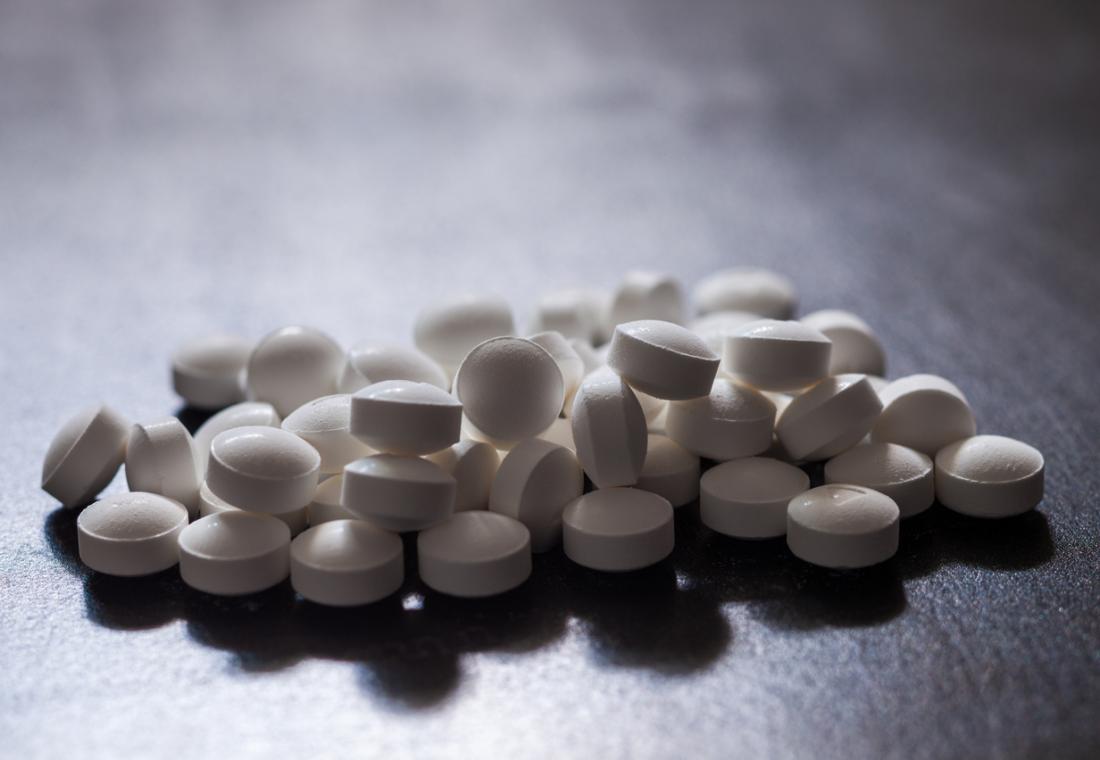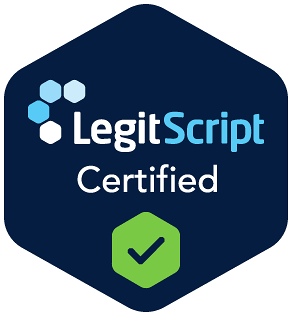Amphetamines Detox
Amphetamines Detox & Addiction Treatment




We’re In-Network With

What Are Amphetamines?
Amphetamines are a class of stimulant drugs that affect the central nervous system. They act as a stimulant to release certain neurotransmitters, primarily norepinephrine and dopamine, in the brain. Amphetamines can have various medical uses, including as treatment for attention deficit hyperactivity disorder (ADHD), narcolepsy, and sometimes obesity.
Unfortunately, amphetamines are also abused for their stimulant effects, leading to illicit use. Illicit forms of amphetamines may come in the street drug known as “speed” or in the crystalline form called “methamphetamine” (meth). Illicit use of amphetamines can result in euphoria, increased energy, and heightened concentration, but it also poses serious health risks, including addiction, cardiovascular issues, and mental health problems.
Because of the potential for abuse and physical dependence, amphetamines are classified as controlled substances, and their use should be strictly regulated and monitored by healthcare professionals.
Street Names:
speed, bennies, glass, crystal, crank, pep pills, uppers
What Are Different Types of Amphetamines?
Amphetamines come in various forms, each with specific uses and effects:
- Dextroamphetamine: Found in medications like Dexedrine, used for conditions such as ADHD and narcolepsy.
- Levoamphetamine: Often combined with dextroamphetamine in medications like Adderall, prescribed for ADHD.
- Methamphetamine: Available in prescription form as Desoxyn for ADHD and obesity, but also produced illicitly as “meth.”
- Amphetamine Sulfate: A non-prescription form found in illicit substances like “speed.”
- Methylphenidate: While not an amphetamine, it is a related stimulant found in medications like Ritalin, used for ADHD.
What Does It Look Like?
The appearance of amphetamines varies, ranging from prescription pills to illicit crystalline forms like methamphetamine. Street drugs may come in powder, pill, or crystalline forms.
Who Uses It?
Amphetamines are used both medically, under prescription for conditions like ADHD, and illicitly by individuals seeking stimulant effects. Recreational users may include those seeking increased energy, focus, or euphoria.
How Does It Make You Feel?
Amphetamines can induce feelings of increased alertness, energy, and euphoria. Users may experience heightened concentration, reduced fatigue, and a sense of confidence.
How Long Does the Feeling Last?
The duration of amphetamine effects depends on factors such as the type of amphetamine, dosage, and individual response. Effects can last several hours, with a gradual decline in intensity.
It’s important to note that illicit use of amphetamines poses significant health risks, and legal use should only be under the supervision of a doctor or other healthcare professional.
Is It Addictive?
Yes, amphetamines have a high potential for addiction. Prolonged use will lead to increased tolerance, dependence, and addiction. Individuals may experience a compulsive need to use amphetamines despite negative consequences, and abrupt cessation can result in withdrawal symptoms.
Is It Dangerous?
Yes, the misuse of amphetamines can be dangerous. Illicit use, high doses, or prolonged use without medical supervision can be detrimental to your health. These include cardiovascular issues, elevated blood pressure, insomnia, anxiety, paranoia, and, in extreme cases, overdose, which can be fatal.
What Are The Long-term Effects of Using It?
Long-term use of amphetamines can have serious consequences. Some potential long-term effects include:
- Increased heart rate
- High blood pressure
- Anxiety
- Paranoia, hallucinations, and aggression
- Decreased cognitive function, memory, and attention
- Insomnia and disrupted sleep patterns
- Weight loss
- Dry mouth, teeth grinding, and poor oral hygiene
- Dependence and addiction
It’s crucial to use amphetamines only as prescribed and to seek medical attention if any concerns about use arise. Illicit use and self-medication with amphetamines can pose serious physical and mental health risks.
Signs & Symptoms of Amphetamine Abuse
Recognizing amphetamine abuse involves observing various physical, behavioral, and psychological indicators, such as:
- Excessive energy levels and hyperactivity
- Weight loss due to reduced food intake
- Difficulty falling or staying asleep
- Restlessness and irritability
- Enlarged pupils not related to lighting conditions
- Rapid speech and increased verbosity
- Unpredictable and intense mood changes
- Heightened distrust or suspicion of others
- Elevated pulse and cardiovascular stress
- Profuse sweating unrelated to physical activity
Benefits of Amphetamines Detox Program
Going to an amphetamine detox program presents several benefits. Perhaps the most important being medically supervised withdrawal within a safe and controlled environment, receiving professional oversight to monitor and address withdrawal symptoms. Additionally, benefits include breaking the physical dependence on amphetamines, enhancing clearer thinking and cognitive function, fostering motivation for sustained recovery, restoring stability for effective therapy, and preparing for comprehensive addiction treatment.
Where Can I Find Help, Treatment, and Support?
If you or someone you know is struggling with amphetamine abuse, help and support can be found through healthcare providers, detox and addiction treatment centers like SoCal Detox, therapists and counselors, support groups, or meetings for shared experiences. At SoCal Detox, we can help you through the tenuous first weeks of recovery and prepare you for what you can expect going forward.
How To Pay For Amphetamines Detox Program
Financial concerns should not deter seeking help for amphetamine addiction treatment. There are numerous options available that make treatment accessible. The price of addiction treatment is something that you will never regret paying. Contact one of SoCal Detox’s addiction professionals to discuss your options for paying for detox treatment.




